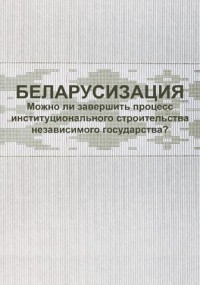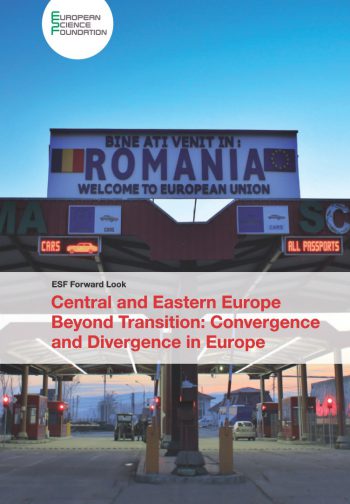Статья в сборнике “Беларусизация.
Можно ли завершить процесс институционального
строительства независимого государства?”, под редакцией Андрея Шутова, Вильнюс: Центр европейской трансформации 2014, 45-58.
После целого ряда политических переходов, произошедших в Восточной Европе в 1989-90 годах, объем сравнительных исследований на тему демократизации значительно рос. Однако ученые до настоящего времени не пришли к согласию относительно комплекса созвездий действующих лиц и стратегий, которые являлись бы необходимыми и достаточными для установления и упрочения демократических институтов. В ранних исследованиях подчеркивалось значение заключения пактов между реформаторами внутри правящей элиты и умеренными лидерами оппозиции. В более поздних исследованиях упор делался на том, что стабильная демократия возникла только на базе таких созвездий, в которых демократические политические деятели доминировали над силами авторитарного режима. Явная консолидация после второй половины 1990-х годов политических режимов, расположенных между полной демократией и полной автократией, привела к возрождению структурных подходов. Такие попытки объяснения рассматривают конфликты государственности, социально-экономические условия и культурное наследие в качестве более важных факторов смены режимов, чем деятельность политических элит.
 Scholars of post-communist change in Central and Eastern Europe have continually faced an analytical challenge as to whether to stress convergence or divergence when interpreting social, economic and political transformation in the region.
Scholars of post-communist change in Central and Eastern Europe have continually faced an analytical challenge as to whether to stress convergence or divergence when interpreting social, economic and political transformation in the region.